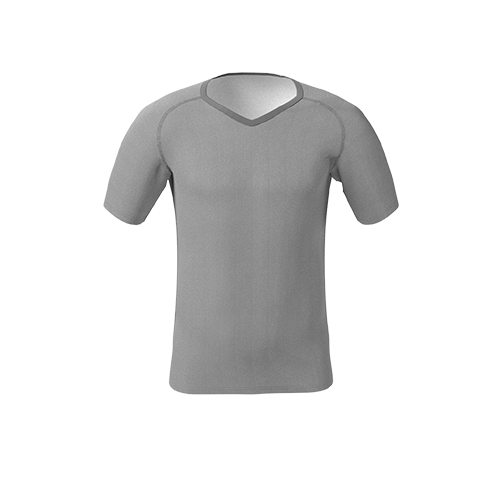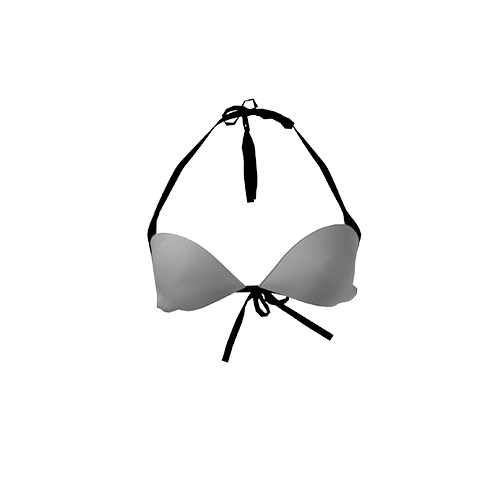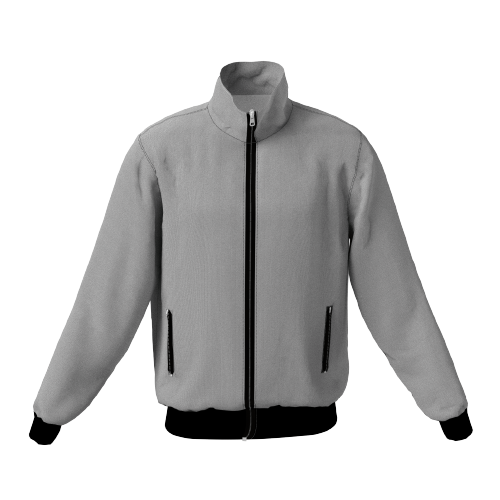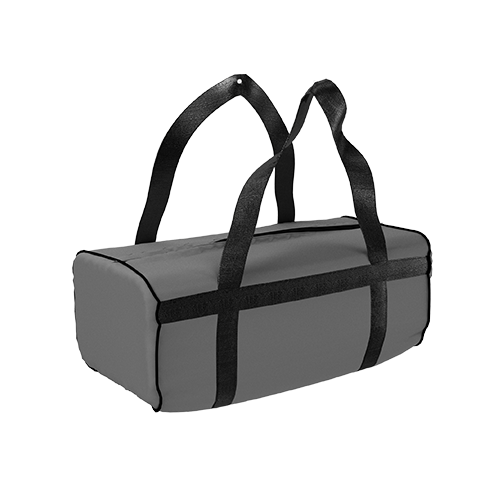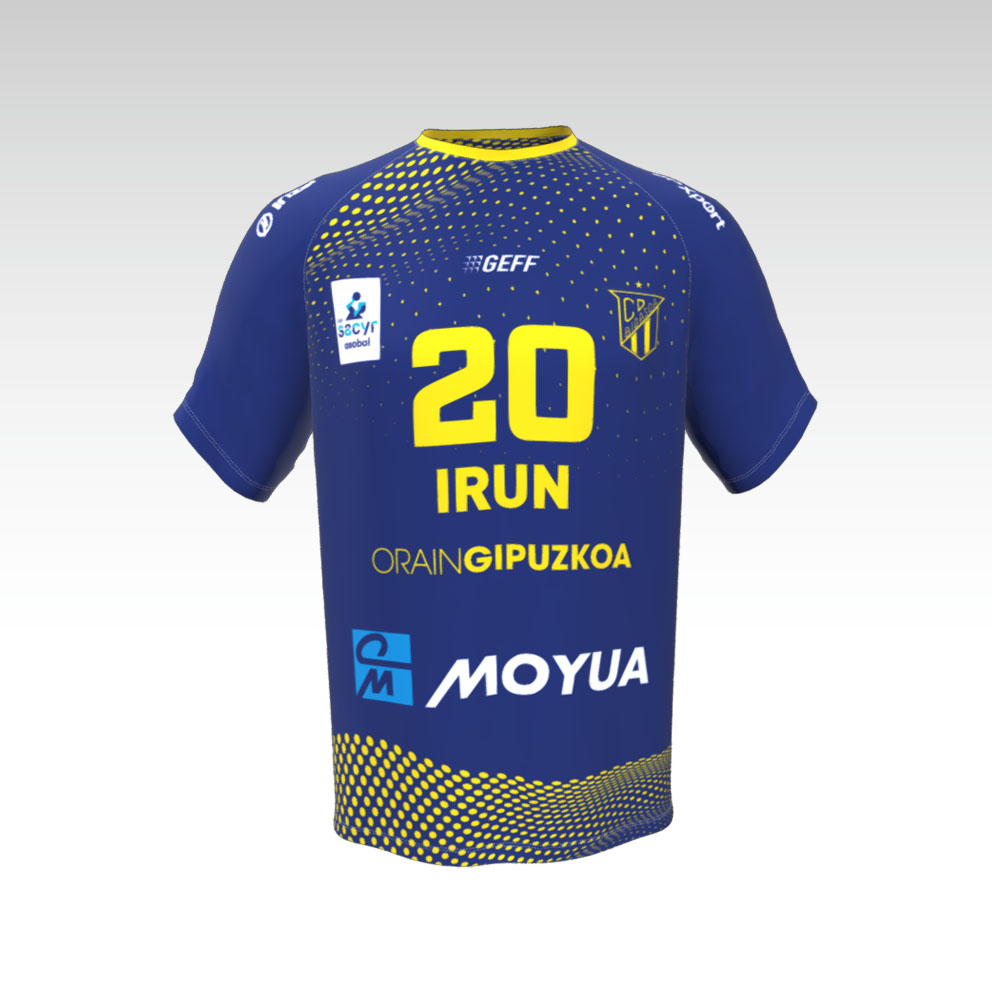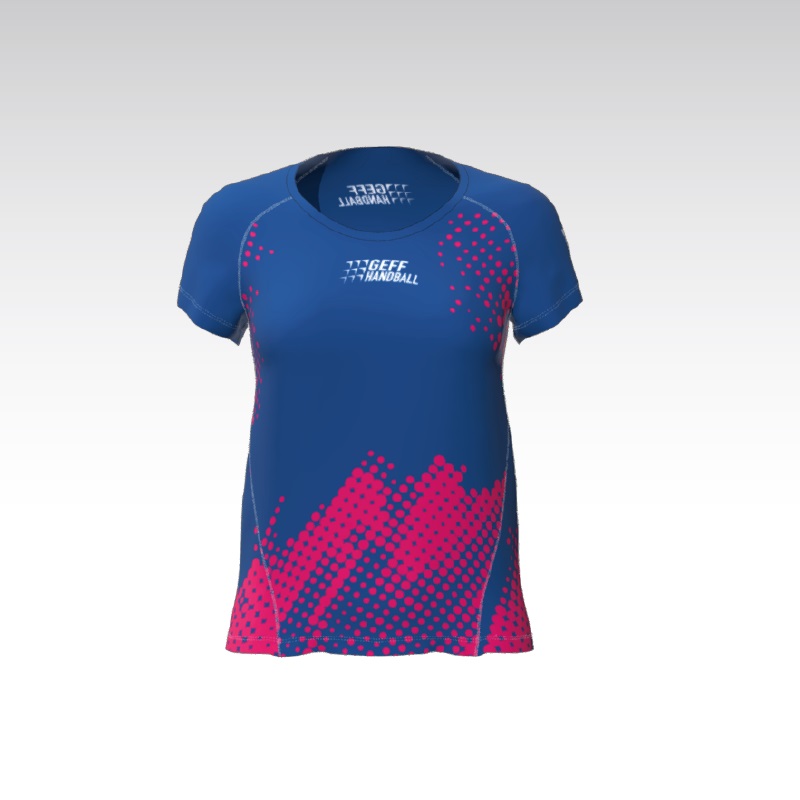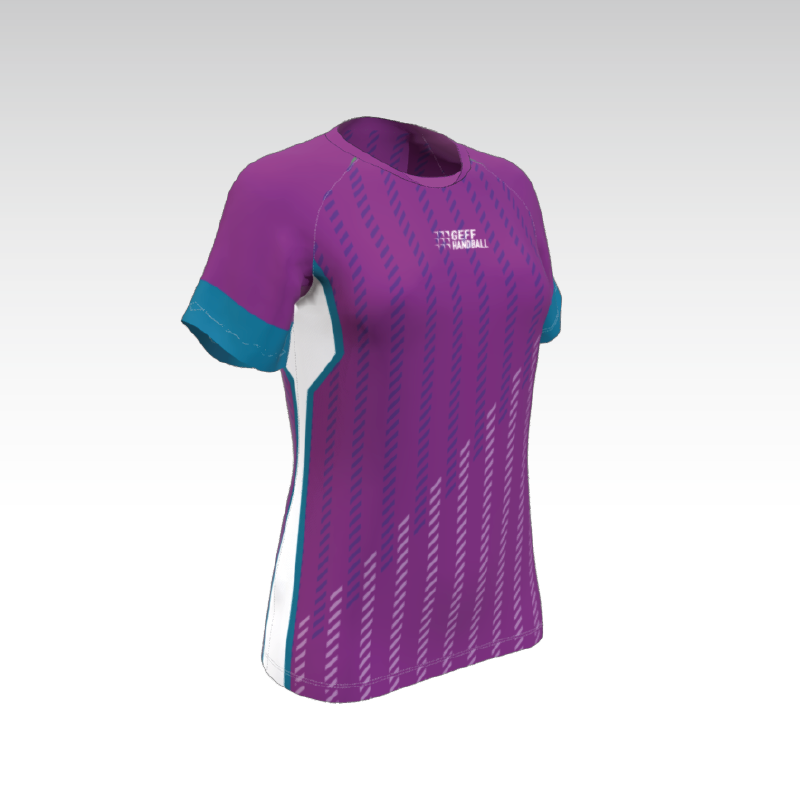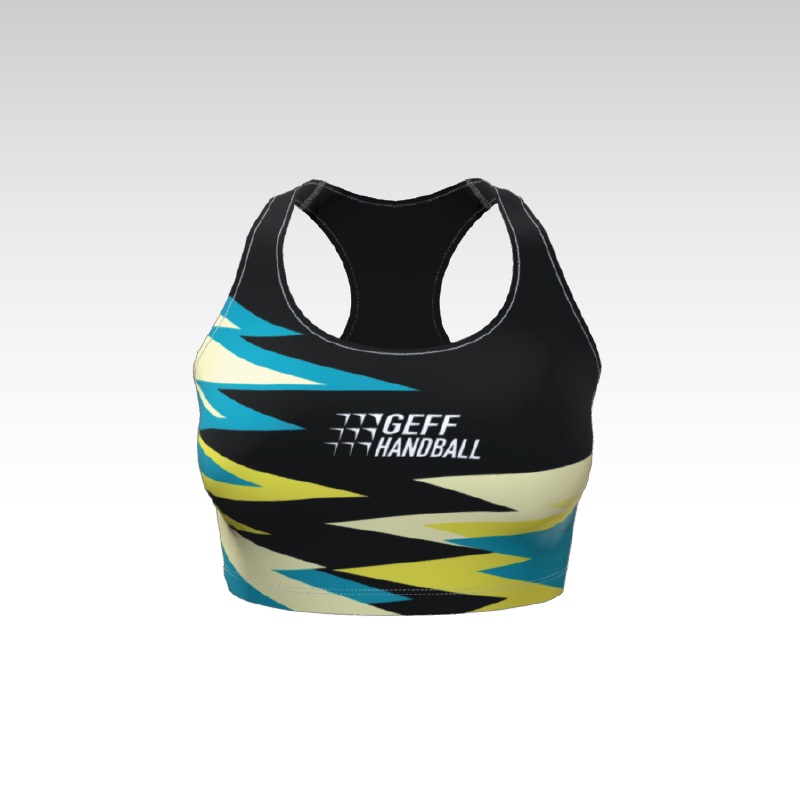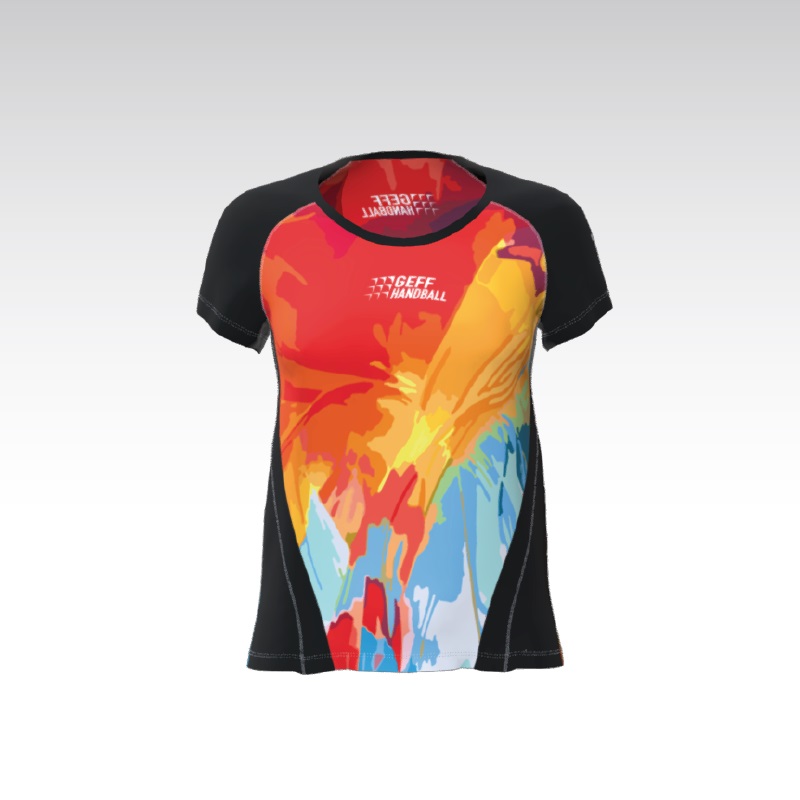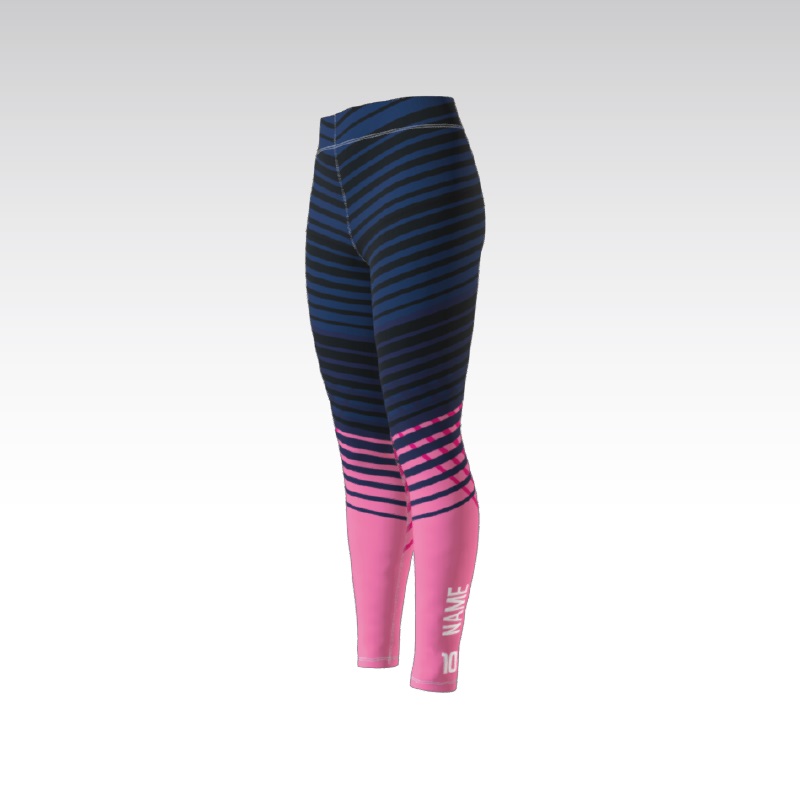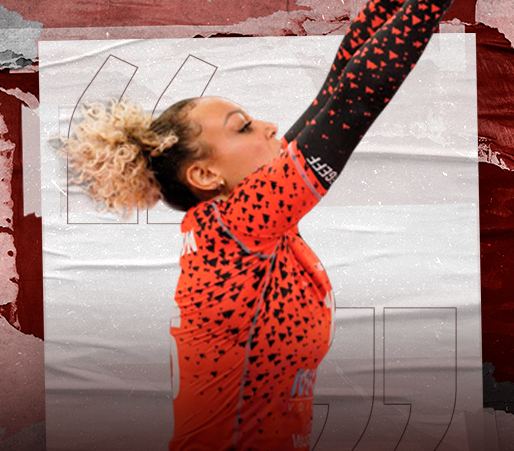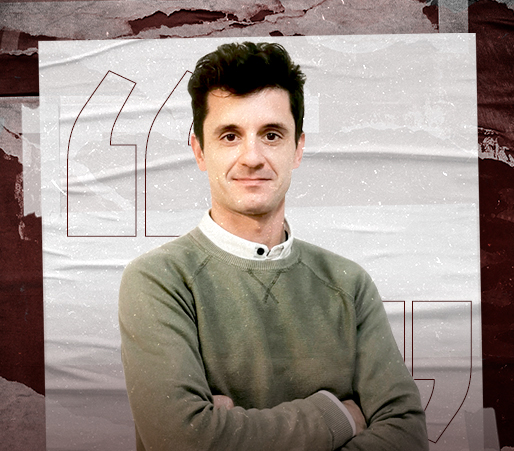Celebrating World Food Day, we will explain which foods to choose before a match, how to combine them and when to take them to ensure a good performance. It is essential to avoid muscle injuries as much as possible and that is why we must eat well before a match as well as on a daily basis. In addition, proper nutrition after training / matches ensures good muscle recovery and helps to arrive at the next training session in better physical condition.
Not all athletes have the same nutritional needs: each person’s body is unique and so is the impact of the activity. Someone who has been competing for more than 10 years has different conditions than a person who is just starting out. Or a rugby player looking to increase muscle mass, compared to a volleyball player who needs to lose some weight. We must individualize nutrition, as it is a very complex science and for this a nutritionist will be your best ally.
You will know that the day of the match you do not do tests or inventions, neither new shoes are used for the first time in a final or marathon. Everything you learn in this post, practice it before training; the stomach also trains!
Tips for you to apply to your pre-match meals
Pre-match days
The 2-3 days before the competition you need to replenish the glycogen stores we have in the body. Therefore, you should start increasing your carbohydrate intake. So, let’s eat pizza for dinner the night before!
2 hours before the start
The main meal before the match should be at least 2 hours before the start of the warm-up. This way, you will be able to digest all the food well and you will not have any discomfort. During exercise, the blood goes to the muscles and skin, bypassing the digestive system and paralyzing digestion.
Meals rich in carbohydrates
This previous meal should be rich in slow-absorption carbohydrates (pasta, bread, rice, potatoes, cereals, etc.). In this way, you will generate fuel in the form of glucose progressively throughout the sports practice. In addition, it will be great to provide some fast-absorbing carbohydrates in the form of sugar, naturally present in fruits, honey, dates, raisins or bitter chocolate, for example.
Low fiber intake
Foods should contain little fiber, as they are difficult to digest and can cause discomfort during play. Therefore, you should avoid eating a lot of vegetables (especially raw), legumes or whole-grain products just before games. In addition, it cannot be a copious meal or rich in fats; nor sauces for the same reason.
Protein intake
It should contain protein in moderate amounts in the form of eggs, chicken, turkey, fish, tofu, etc.
Liquid food
Food in liquid form will be much easier to digest than solid food and will be absorbed sooner. Therefore, your stomach will have to work less to break down the molecules that will eventually be absorbed in the intestine in a simplified form. If you have difficulty digesting, prioritize smoothies, yogurts, etc.
Good hydration
You should arrive well hydrated to the match and the biggest indicator to know this will be the color of your urine. Drink enough water until you see that your urine is clear and clear; if it is dark and opaque you should drink more. When the match is in the morning, make sure you drink well at breakfast, as we tend to dehydrate during the night while resting.
Caffeine
Caffeine helps reduce the feeling of fatigue and increases carbohydrate absorption during exercise. If you are used to consuming coffee, you can get extra fuel for your muscles. If you never drink it, you should see how you feel and that it doesn’t raise your heart rate too much. Probably, if you drink 4 coffees a day, you may not notice the effect. It is ideal to drink it 30 to 45 minutes before you start warming up.

